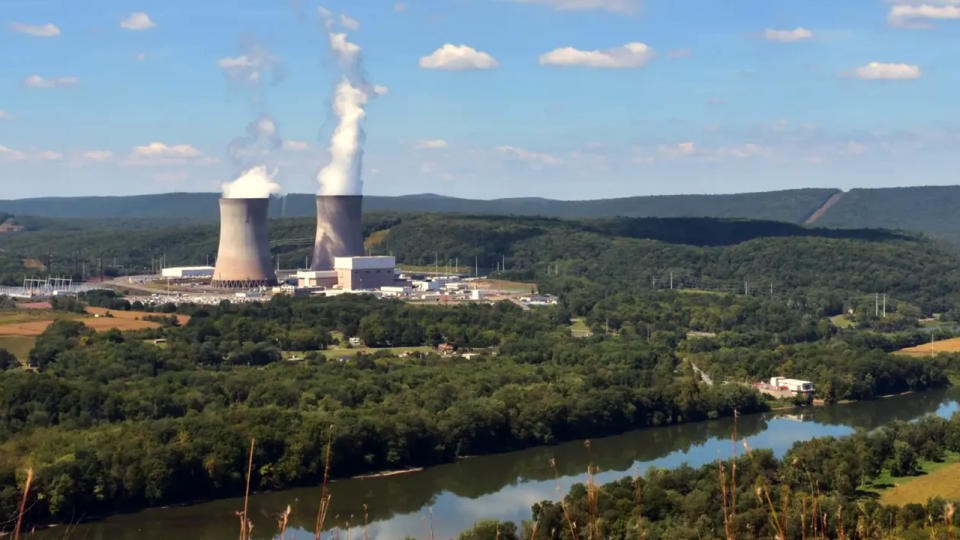
Meta, the parent company of Facebook, has announced plans to partner with nuclear energy developers as part of its strategy to power growing artificial intelligence operations. The tech giant is seeking to add 1-4 gigawatts of new nuclear generation capacity in the United States by the early 2030s.
The company has issued a request for proposals to collaborate with partners who will handle the full spectrum of nuclear power plant development - from permitting and design to construction and operation. Meta's interest spans both traditional large reactors and next-generation small modular reactors (SMRs).
This move aligns Meta with other tech industry leaders in the nuclear power space. Amazon recently acquired a nuclear-powered data center campus, while Microsoft made headlines by arranging to restart a reactor at Three Mile Island. Google has committed to purchasing electricity from future SMR projects.
The push toward nuclear energy comes as tech companies grapple with the massive power demands of artificial intelligence development. AI systems require substantial computing resources, creating a challenge for companies trying to balance technological advancement with environmental commitments.
Nuclear power presents an attractive solution as a carbon-free energy source that can provide consistent power output regardless of weather conditions, unlike solar or wind alternatives. Currently, nuclear plants generate approximately 19 percent of US electricity through 54 facilities with a combined 97GW capacity.
However, the path to new nuclear infrastructure faces several challenges. Recent nuclear construction projects have encountered significant delays and cost overruns. The latest US reactor completion took seven years longer than planned and exceeded its budget by $17 billion. Additionally, next-generation SMR technology is still under development and isn't expected to be commercially viable until the 2030s.
The nuclear energy landscape is evolving rapidly, supported by federal initiatives including the Biden administration's goal to triple nuclear capacity by 2050. While the industry enjoys relatively strong bipartisan support, questions remain about uranium supply chains and nuclear waste storage solutions.
Meta's nuclear power initiative represents a bold step toward addressing the growing energy demands of AI technology while maintaining environmental commitments. As the tech sector continues its rapid expansion, the success of these nuclear partnerships could shape the future of both energy infrastructure and artificial intelligence development.